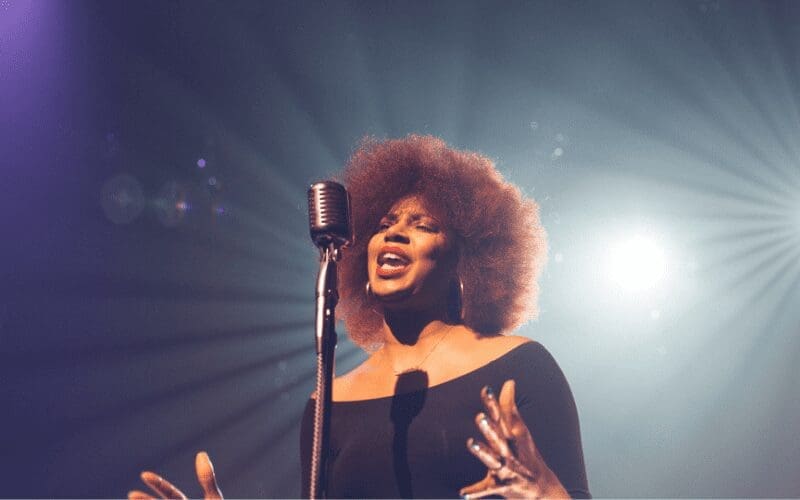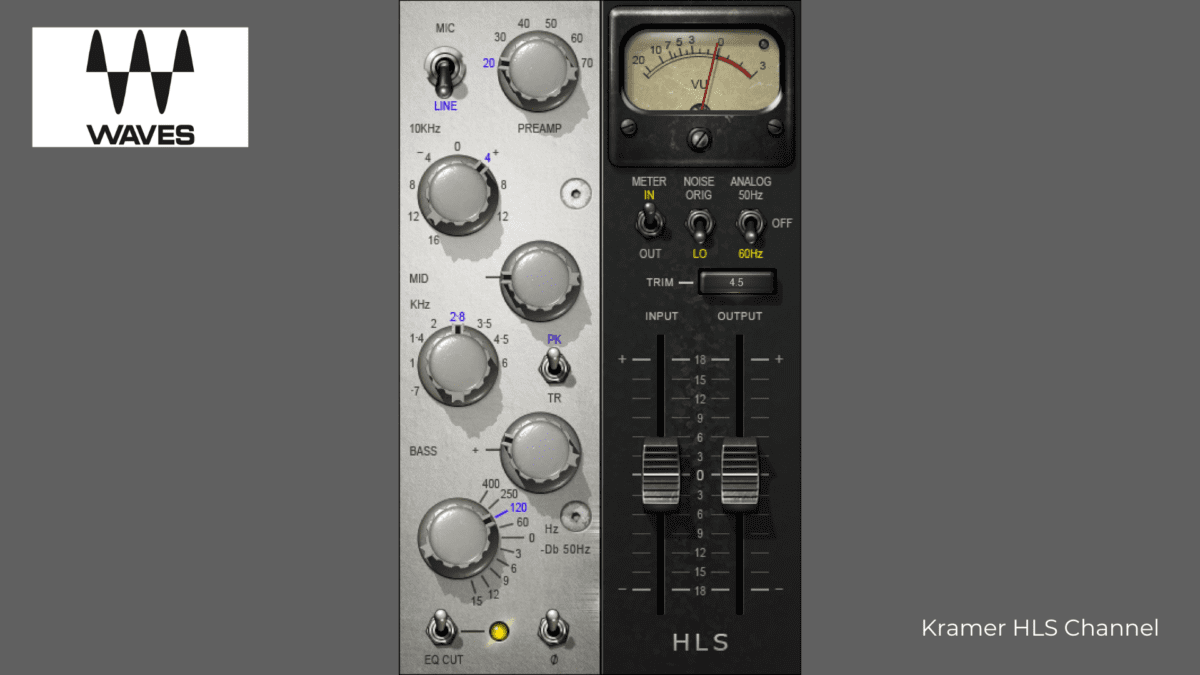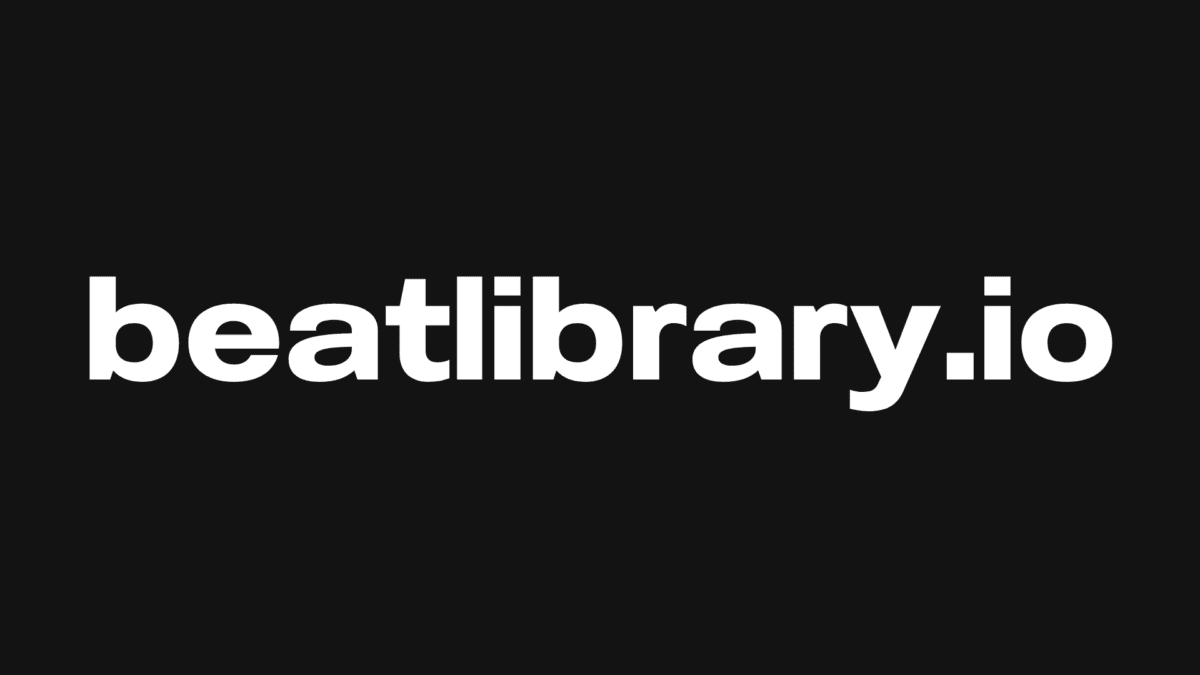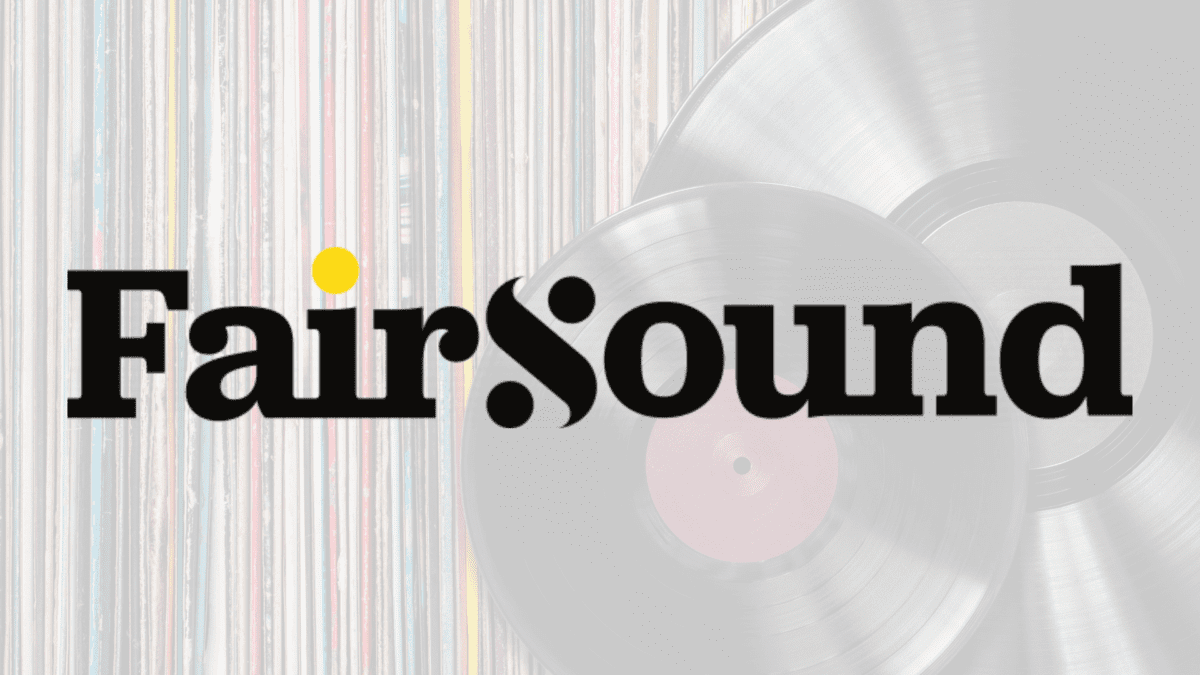
Cover songs have become an increasingly popular way for artists to express their creativity and share their love of music with the world. But what is cover song licensing and why is it important? In this article, we’ll explore the ins and outs of cover song license, from the basics of what it is to the different types of licenses available and how to acquire them.
Finally, we’ll provide some tips on how to make sure your cover song is properly licensed and how to maximize the potential of your cover song. So, let’s dive in and explore the world of cover song licensing.
Releasing cover songs, remixes and tracks which use samples is a great way to help your music reach new fans but you will need cover song licensing. It is important to make sure you are doing everything legally and above board when it comes to creating your own version of someone else’s intellectual property.
First of all, you need to understand what exactly constitutes a cover, remix or sample. You should also know about the licenses that each requires before you release your music. In this article, we will look at remixes, sample and cover song licensing so that you can use them correctly.
Cover Song Licensing
Cover songs or ‘covers’ are re-recorded versions of a song. In a cover, artists will replace the original vocals and instrumentation with their own. According to copyright law, cover songs cannot alter the underlying arrangement or melody.
In terms of cover song licensing, there is good news! If you are releasing a cover song in the UK, you don’t need to purchase any licenses. Unfortunately, for North American releases, a Mechanical License is required.

Mechanical License for cover song
How to get a mechanical license to cover a song:
A mechanical license is a legal agreement between the owner of a copyrighted musical work and someone who wishes to release the song in an audio-only format, such as streaming platforms, digital downloads, CDs or vinyl. This permission is also referred to as mechanical rights.
If you’re looking to release a recording or cover of a song that somebody else has written, you’ll need to obtain a mechanical license for cover song licensing. This applies even if you only use part of the song. If you plan to create a medley, each song will also require its own mechanical license.
The only exception is if the songs are in the public domain. On the other hand, if you want to use an existing recording without creating a cover, then you’ll need both a mechanical license for cover song licensing and a master license to pay the composer and artist for their respective rights.
To obtain a mechanical license for cover song license, you must first identify the original songwriter, publisher or label as they are the copyright owners. This can be done by searching databases like Songfile or PRO’s such as BMI, ASCAP, SESAC and US Copyright Office.
For signed artists, the copyright is usually held by the publisher while labels typically own the copyright in sound recordings. Make sure to get the publisher’s name instead of the label’s.
After identifying who to contact for cover song licensing, you can also look into distributors such as TuneCore and sites like EasySong which allow you to license any song.
Remixes –
Remixes are tracks that use elements of an original recording but alter the melody, arrangement or song.
So, can you sell remixes? Can you remix a song legally? Well, the short answer is that you can. However, wherever in the world you plan to release a remix, a Master Use License for cover song licensing is required.
Samples
Samples are small elements of a track that have been altered, tweaked or looped to be used in a new song. For example, Kanye West’s ‘Gold Digger’ samples Ray Charles’ ‘I Got A Woman’; and Sugarhill Gang’s ‘Rapper’s Delight’ samples Chic’s ‘Good Times’.
If you are planning to release a song that uses samples, you will need to get ahold of both Master Use and Mechanical Licenses for cover song licensing for worldwide distribution.
Copyright Law – How To Cover Yourself

Here are some of the various forms of copyright that artists need to be familiar with:
Copyright © – this covers the lyrics and melody of a song
Phonographic ℗ – this covers the audio recording
If you are releasing a cover, a remix, or are using samples in your tracks, there are certain precautions you must take to protect yourself from legal action.
Identify The Copyright Holder – Cover Song License
This can vary depending on the track, but it will typically be the original songwriter, the publisher or the label. The owner can be found on dedicated databases such as BMI, US Copyright Office, Harry Fox, ASCAP, SongFile or SESAC. It is common practice for the copyright to be held by the publisher, and the phonographic copyright to be held by the label. If this is the case, then make sure to contact the publisher, not the label. Be aware that there may be multiple songs that share a name. Sounds simple but double-check that you are looking at the right song!
Letter Of Intent
Once you have got the right song and copyright holder, send a letter of intent. Luckily, most companies that provide licenses include a service to do this on your behalf. To play it safe, you should check whether this service is offered. It is also advisable to acquire your licenses at least a month before the release of your own track.
Putting out remixes, covers and sampling popular music can be a great strategy for new audiences to hear your music. One advantage of releasing a cover, remix, or using a sample is that familiarity can make it more accessible and instantly recognisable to audiences. However, you mustn’t ignore the proper procedures for this type of release. The advice in this guide should provide you with the knowledge you need to enter this area without any issues.
How We Can Help with Cover Song License
We hope that our guide to remix, sample and cover song licensing has cleared up any questions you may have. It is always best to check the procedure and make sure that you follow the correct legal procedure. For more information on rights, check out our article on music rights.










